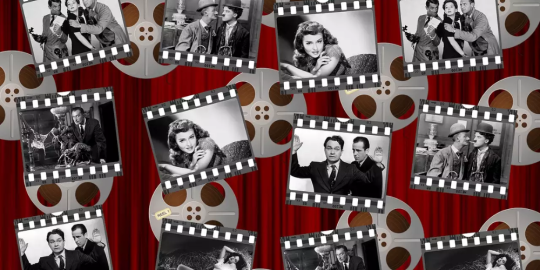
Rediscovering Timeless Cinema is a remarkable journey—reconnecting me to film history while inspiring appreciation for movies beyond my comfort zone. In a world saturated with digital streaming services, binge-watching modern hits often seemed attractive. Yet in 2025, I decided to turn away briefly from contemporary releases and step into the magical universe of cinema classics. This journey led me through diverse genres, unforgettable stories, iconic actors, and beautiful filmmaking techniques that shaped cinema history, opening my eyes to an endlessly rewarding cinematic heritage.
Embarking on a Journey Beyond Mainstream Hits
Before beginning this adventure, my movie playlists mostly featured contemporary Hollywood blockbusters, science-fiction epics, or fantasy franchises, all visually appealing yet somewhat repetitive in formula. My exploration into classic films of previous decades changed dramatically my perspective of film culture. I realized that cinema is not merely entertainment—it's an artistic mirror reflecting the values, fears, hopes, dreams, and stories of countless generations before me.
In 2025, equipped with curiosity and an open mind, I chose films from different eras, directors, and countries. This approach enhanced my cinematic taste and influenced profoundly my understanding of storytelling. Here are some timeless classics that profoundly touched my viewing journey:
Unmissable Classics Explored in 2025
- Casablanca (1942, Dir. Michael Curtiz)
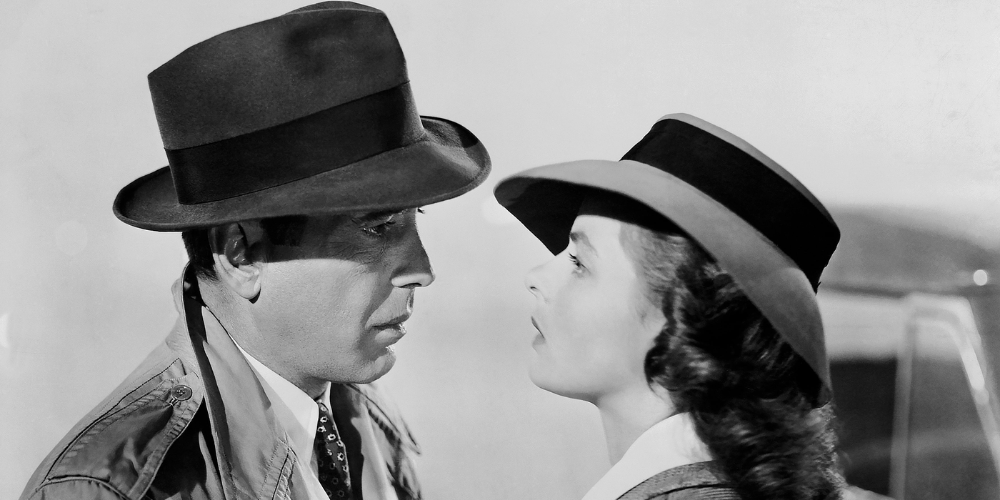
My first leap into classic cinema began with "Casablanca," one of Hollywood's most beloved romantic drama films. From the first scene in Rick’s Café, the smoky atmosphere instantly transported me into a nostalgic, wartime North Africa. Humphrey Bogart’s charismatic portrayal of Rick, emotionally conflicted yet firmly charismatic, mesmerized me. Ingrid Bergman as Ilsa, portraying love torn by duty, remains effortlessly captivating. "Casablanca’s" sharp dialogues—especially “Here's looking at you, kid”—paired perfectly with expressive black-and-white filming techniques, making it impossible to pause or turn away even decades later.
- Rear Window (1954, Dir. Alfred Hitchcock)
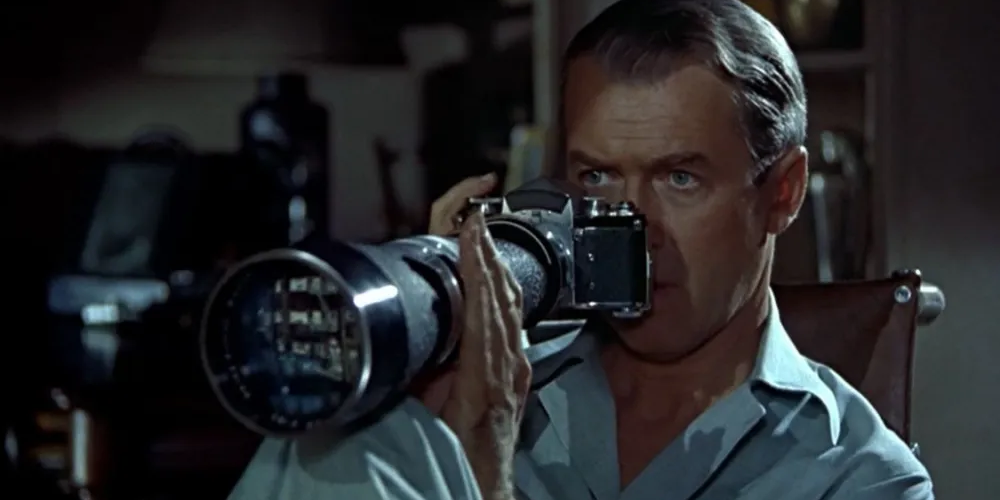
When looking for a masterpiece of suspense, friends insisted I watch Alfred Hitchcock’s remarkable thriller. "Rear Window" had me firmly gripped throughout its runtime with perfect tension built within a single apartment courtyard. James Stewart’s compelling physical performance as trapped photographer L.B. Jeffries, whose curiosity and boredom lead him risking everything to solve a chilling mystery, left deep impressions on me. Grace Kelly’s enthralling and stylish appearance further complemented the film’s impeccable storytelling rhythm. Hitchcock skillfully demonstrated to me why good cinema relies not on special effects but on compelling characters, intriguing plots, and brilliant cinematography.
- 2001: A Space Odyssey (1968, Dir. Stanley Kubrick)
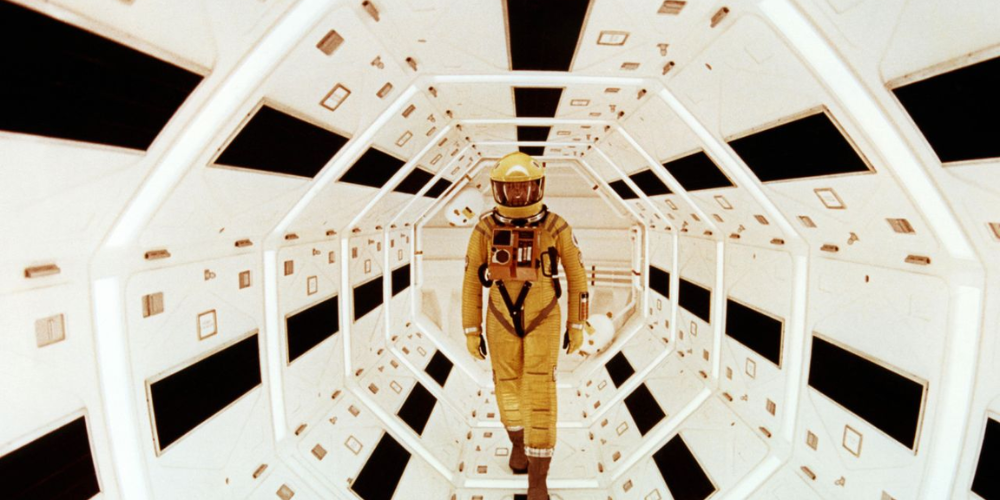
My journey also embraced Stanley Kubrick's philosophical science-fiction epic "2001: A Space Odyssey." As a modern viewer accustomed to high-tech special effects, I expected an outdated visual presentation, yet Kubrick remarkably proved timeless mastery, leaving me astonished. The opening evolution sequence that transitioned into the grand space voyage is iconic cinema. The film’s minimalism, breathtaking visual compositions, and hauntingly beautiful classical music score created an immersive, poetic experience. By exploring deep themes—human evolution, existential questions, and technological ambition—this stunning classic instigated hours-long contemplation after credits rolled.
- Seven Samurai (1954, Dir. Akira Kurosawa)
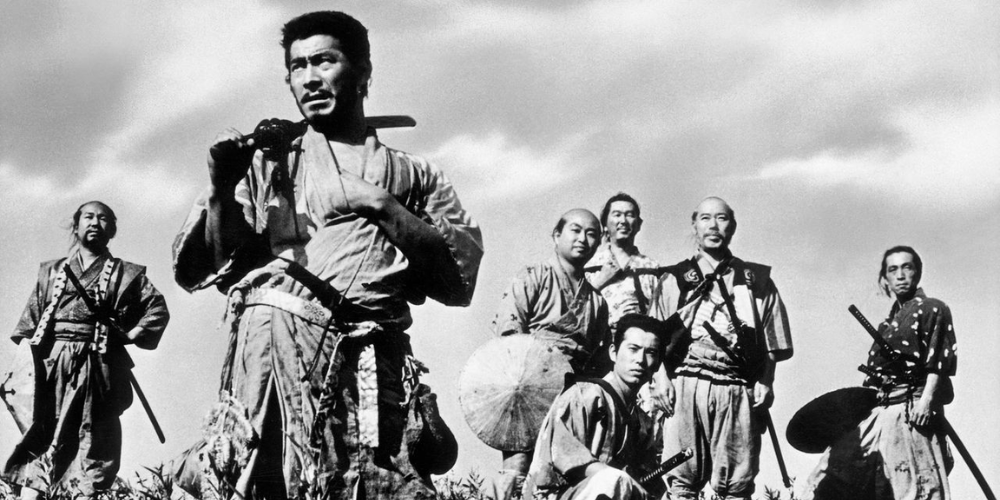
Diving into international cinema, Akira Kurosawa’s influential epic, "Seven Samurai," came next. Its intriguing blend of character depth, emotional intensity, and impressive battle choreography far exceeded expectations. I found Kurosawa’s exploration incredibly intriguing, focusing strongly on samurai philosophy, sacrifice, honor, loyalty, and heroism. Intricate characters, notably Toshirô Mifune’s raw performance, made this epic drama remain etched firmly into my memories.
- La Dolce Vita (1960, Dir. Federico Fellini)
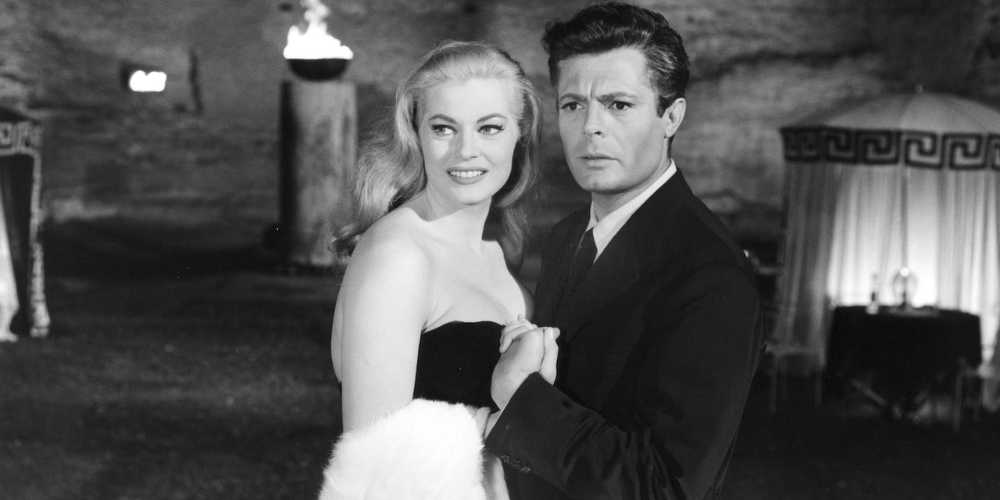
Federico Fellini provided me the stylish, black-and-white portrayal of Rome’s glamour and darker sides in "La Dolce Vita" ("Sweet Life"). Following Marcello Mastroianni’s enigmatic role as journalist Marcello through captivating yet empty worlds of parties, excess, romance, and celebrity, deeply challenged my personal definition of fulfillment. This thought-provoking classic demonstrated cinema’s powerful potential as a commentary—a visual poem depicting humankind’s endless search for meaning amid apparent glamor.
- Citizen Kane (1941, Dir. Orson Welles)
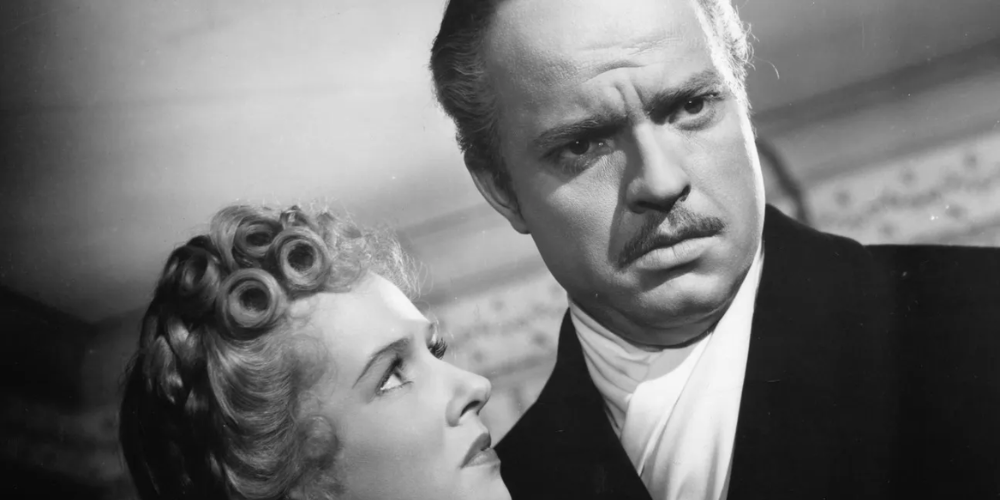
Finally, "Citizen Kane" rightfully deserves recognition. Often acclaimed as “The Greatest Film Ever Made,” Orson Welles’ directorial debut reshaped forever cinematic storytelling tradition. Charles Foster Kane's obsessive ambition, fortune, and loneliness captivated me immediately. Searching the meaning behind “Rosebud,” Kane’s secret, lifted suspense at extraordinary storytelling quality. The intricate flashbacks, revolutionary filmmaking techniques, innovative cinematography, and sublime storytelling structure made me fully appreciate cinematic artistry’s depth.
The Essence of Timeless Cinema
This intimate exploration – from syrupy romances and psychological thrillers to existential science fiction and profound international dramas – left a profound imprint upon me. Uncovering cinema’s past provided deep glimpses into universal human emotions and truths, reminding how powerful timeless filmmaking stays decades beyond initial releases.
A personal recommendation based on my journey: Whether a film enthusiast or casual viewer, revisiting these classics—or similar timeless pieces—in 2025 proves extremely rewarding. They demonstrate cinematic beauty thrives far beyond modern releases and that lasting artistic visions never fade over time. For these reasons and countless more, it became clear: immersing oneself amid iconic classics will forever enrich personal cinema enjoyment.
